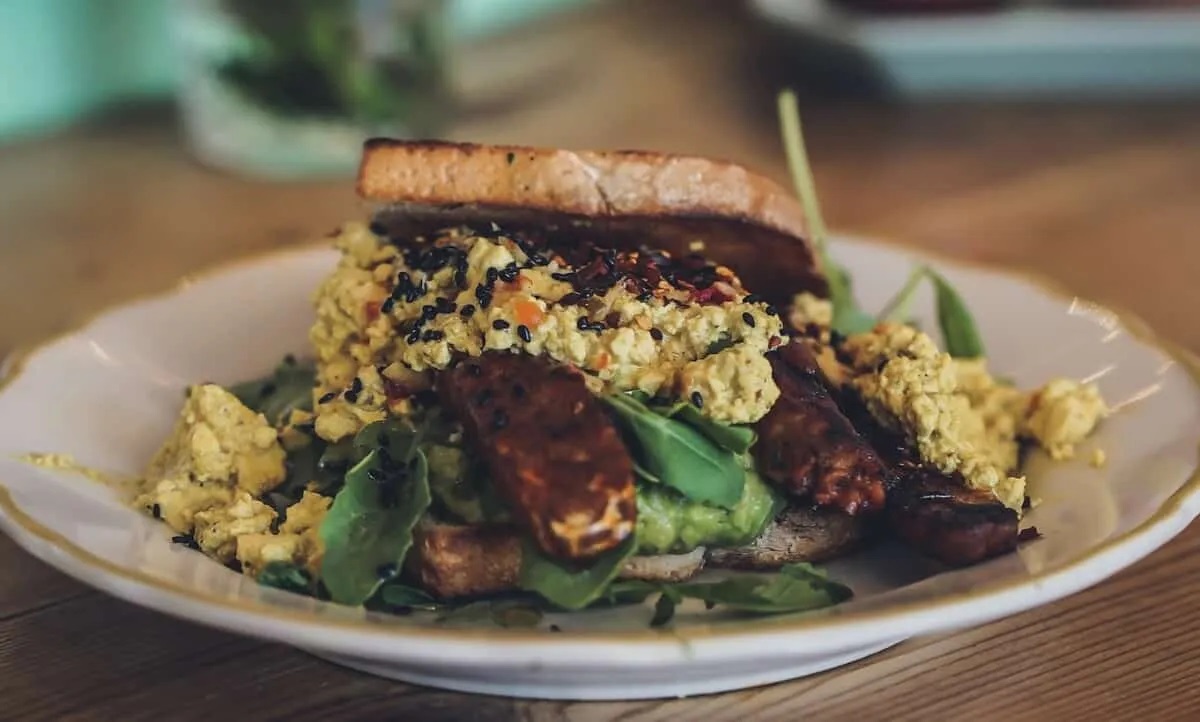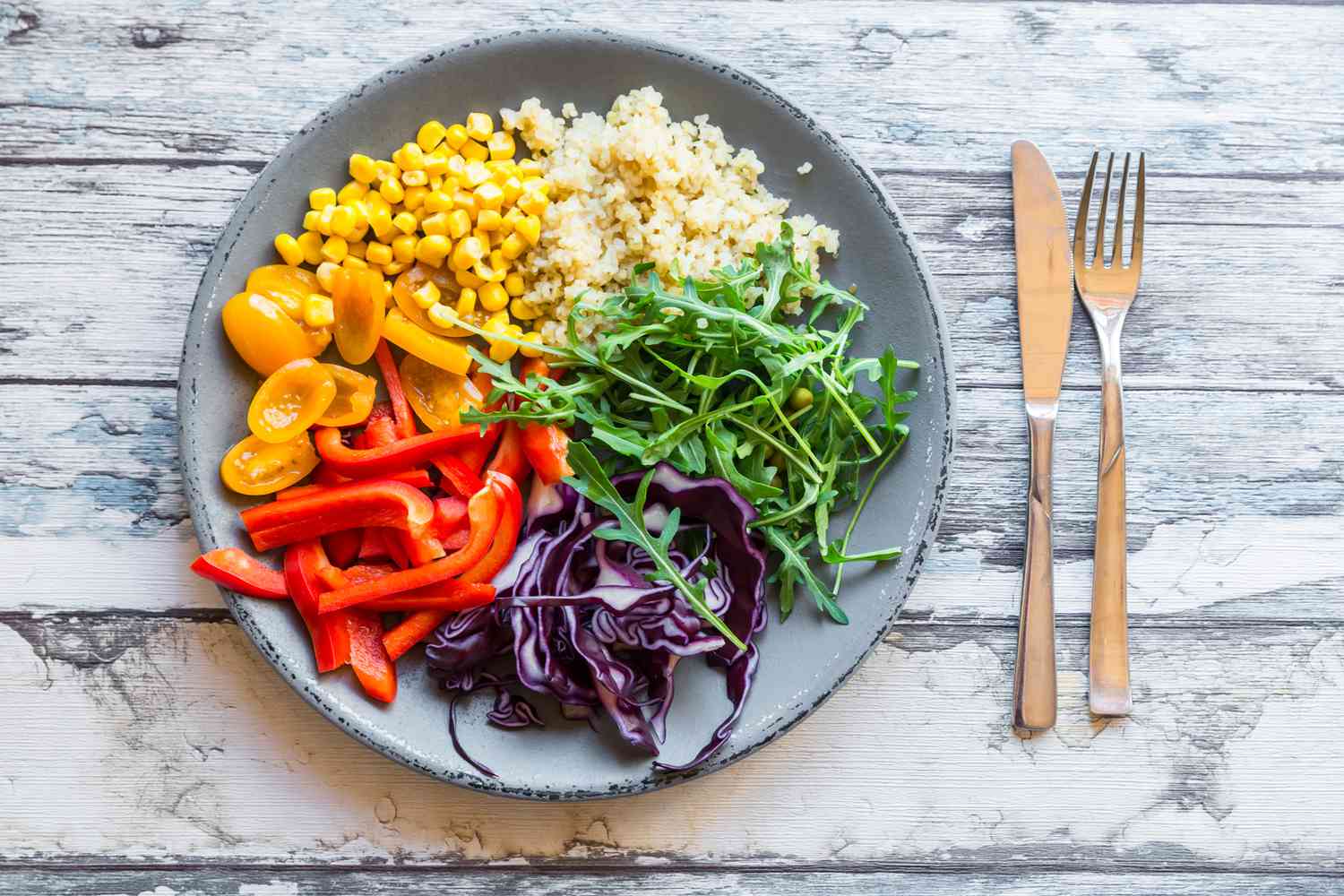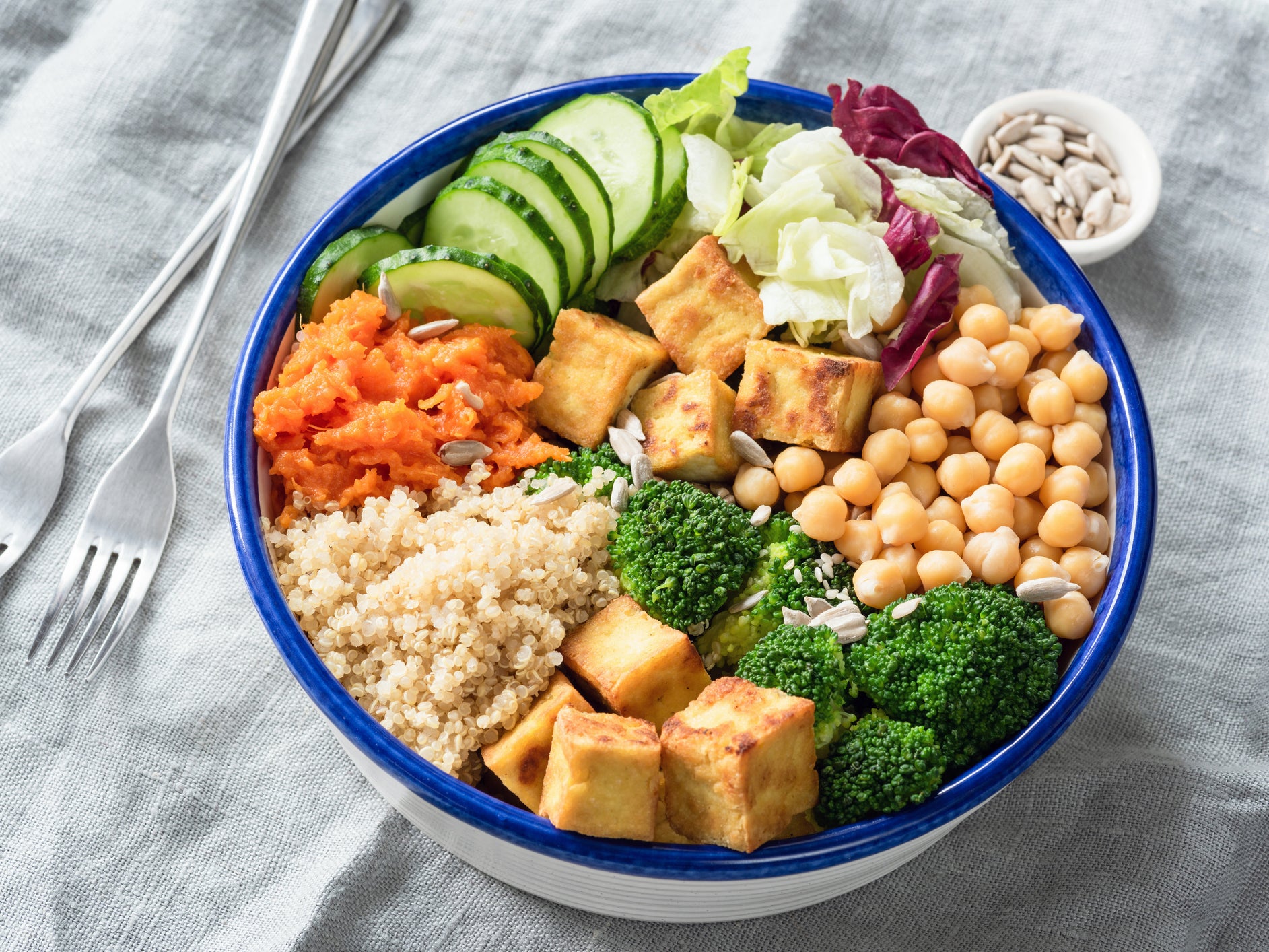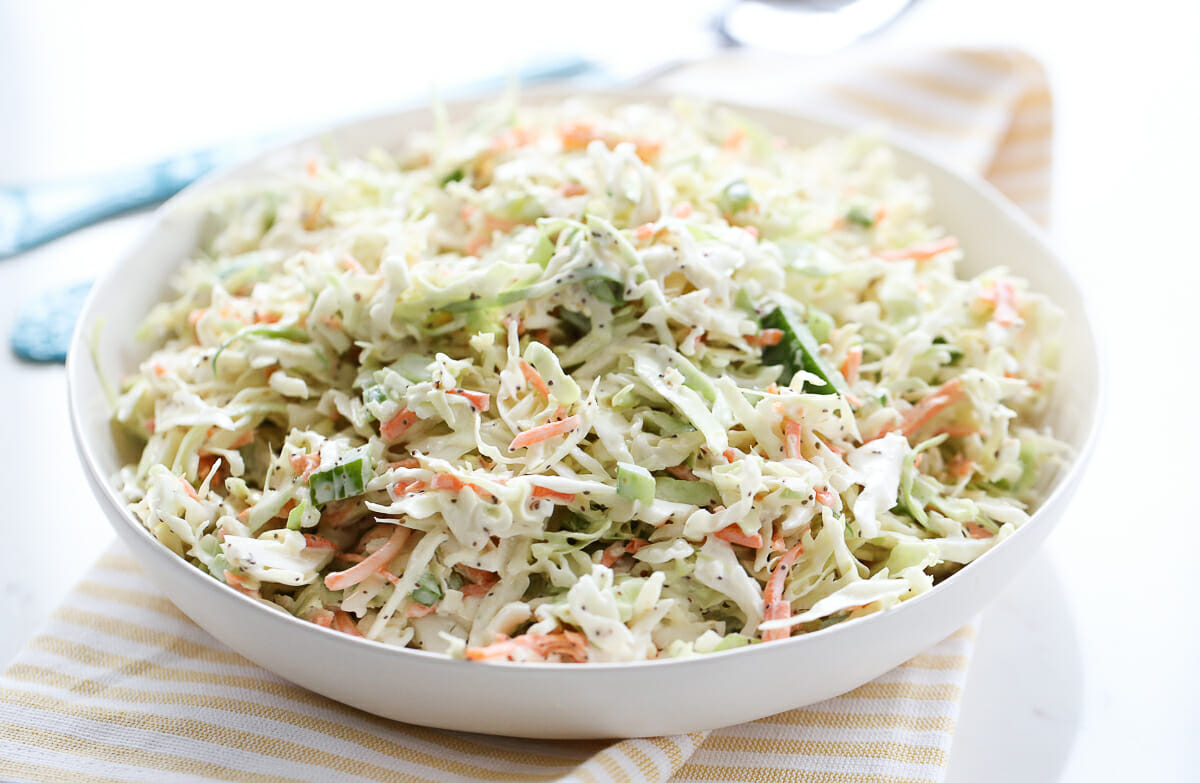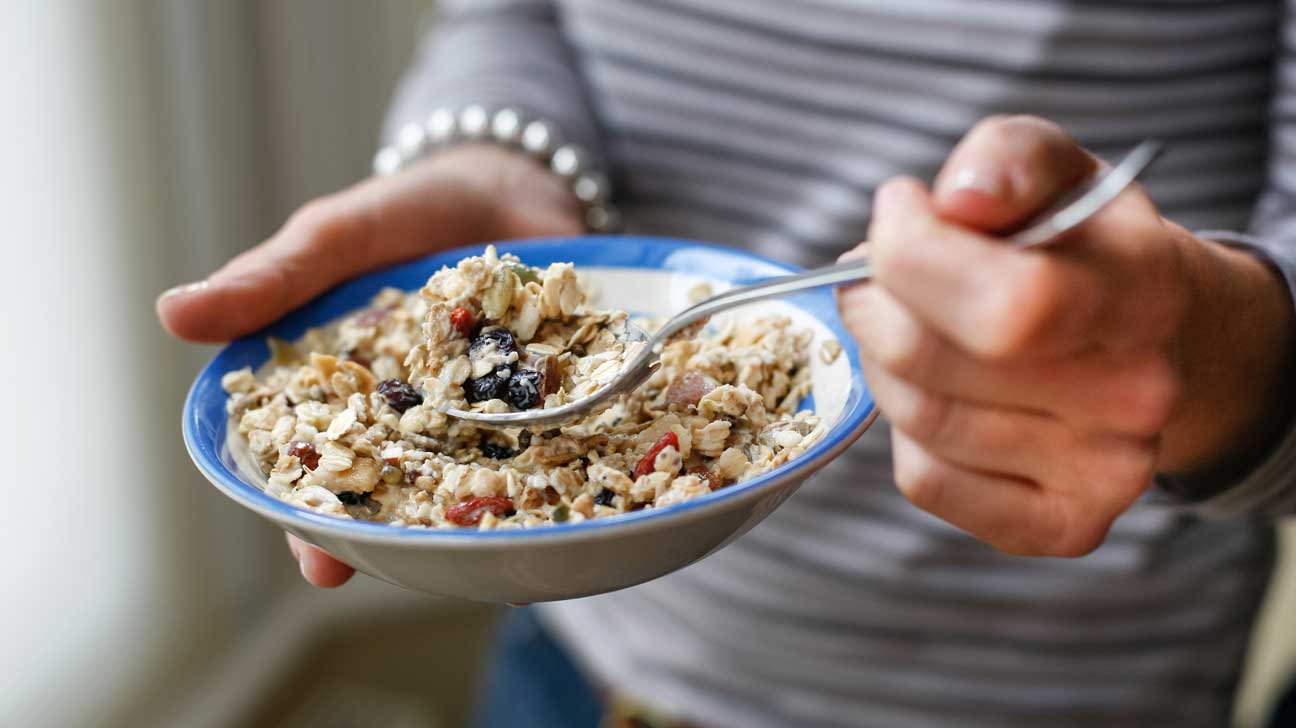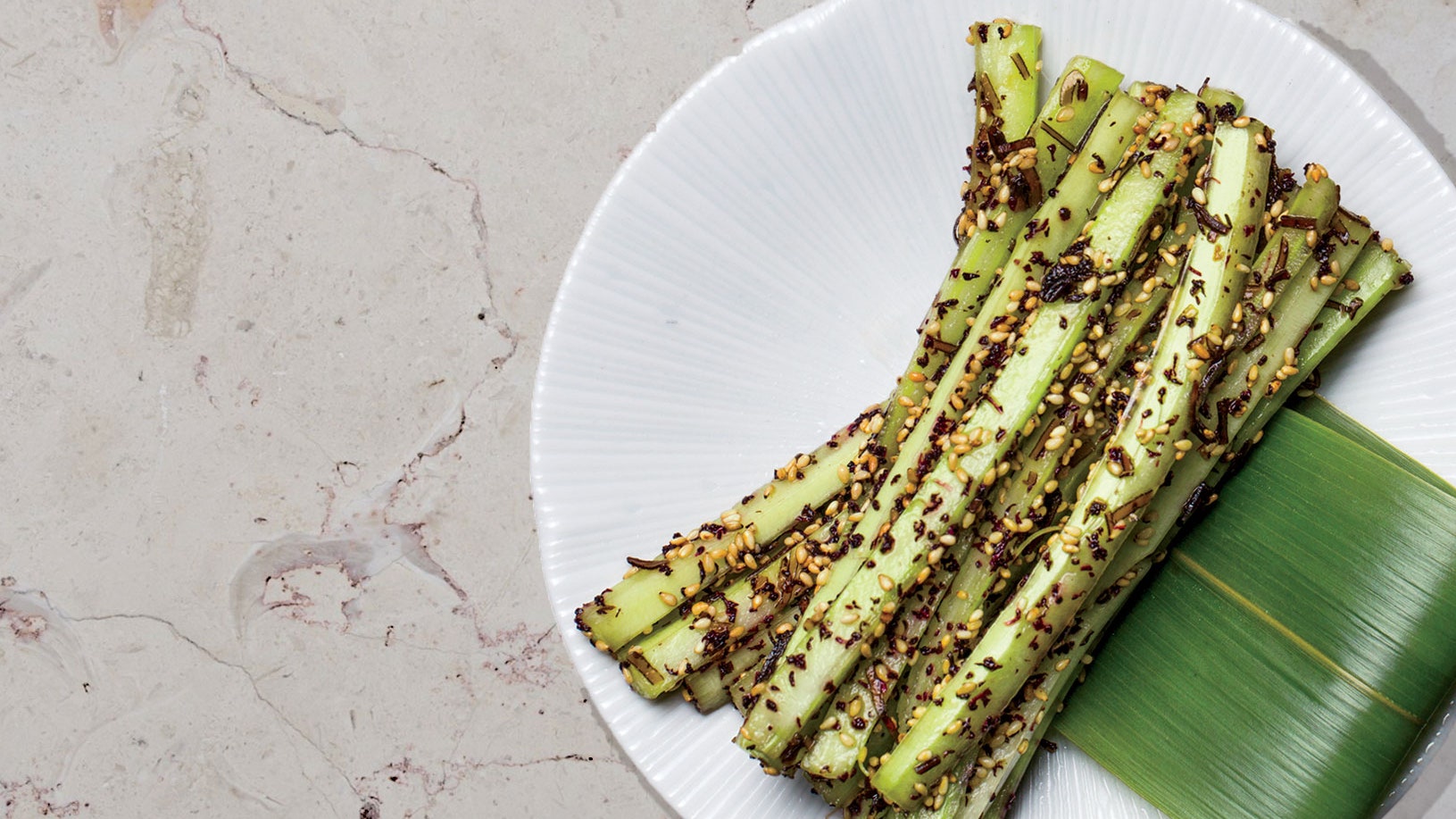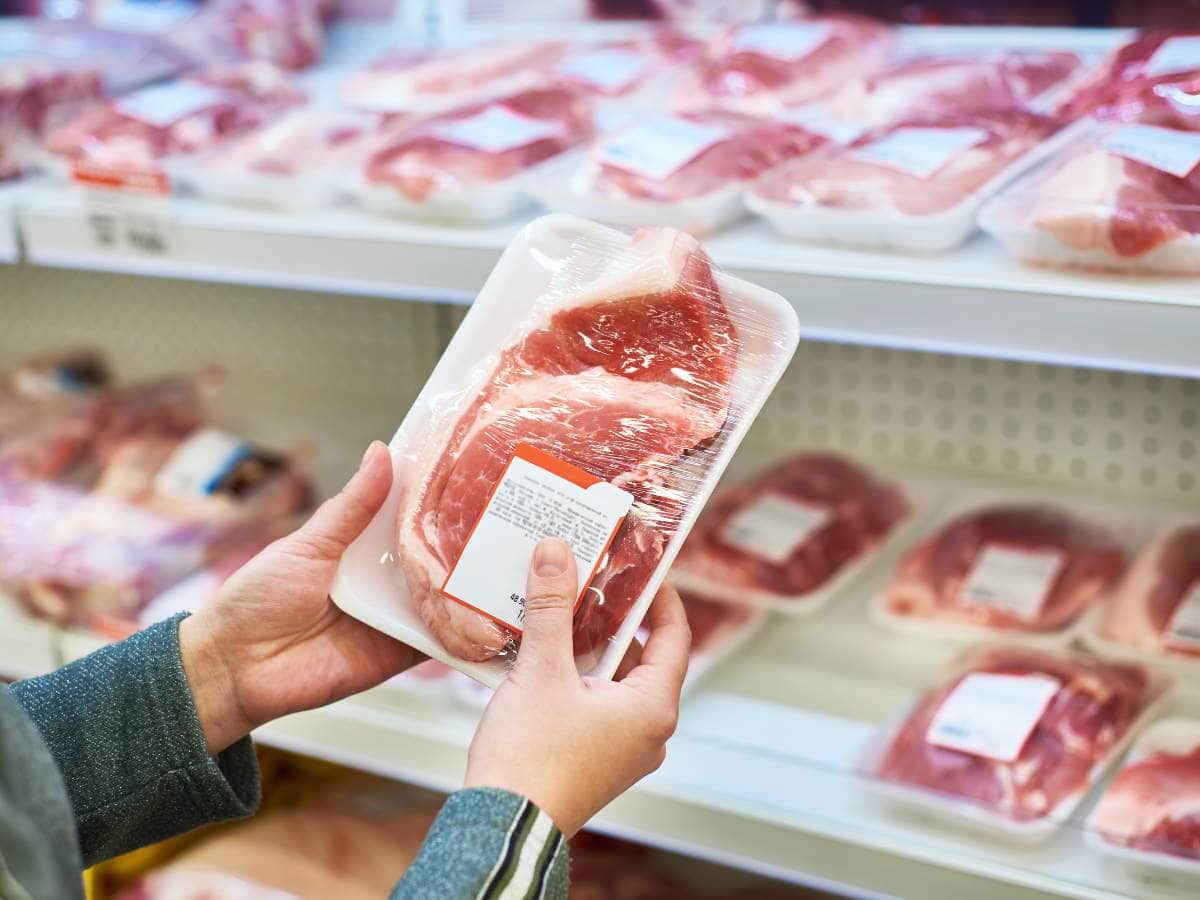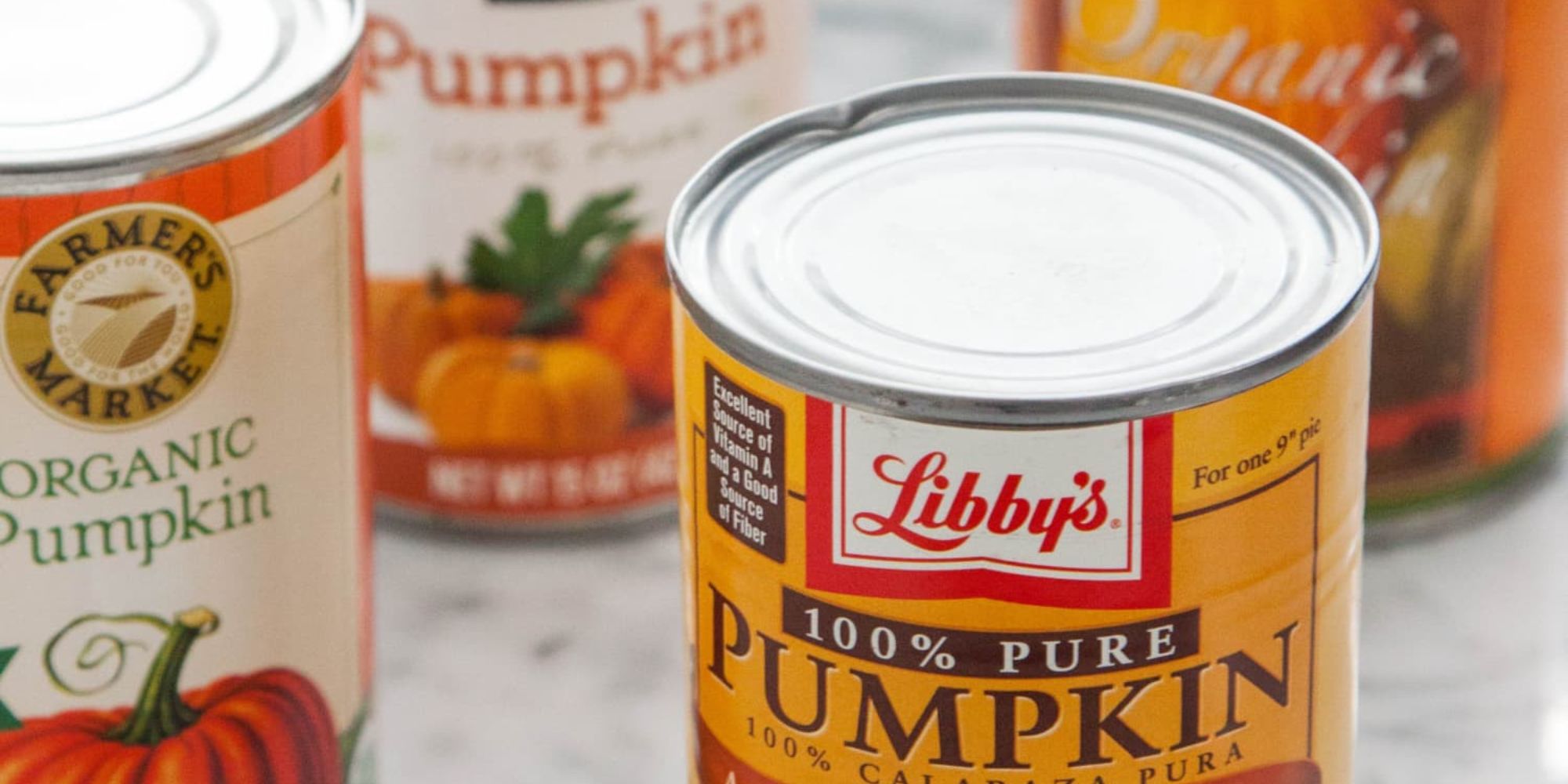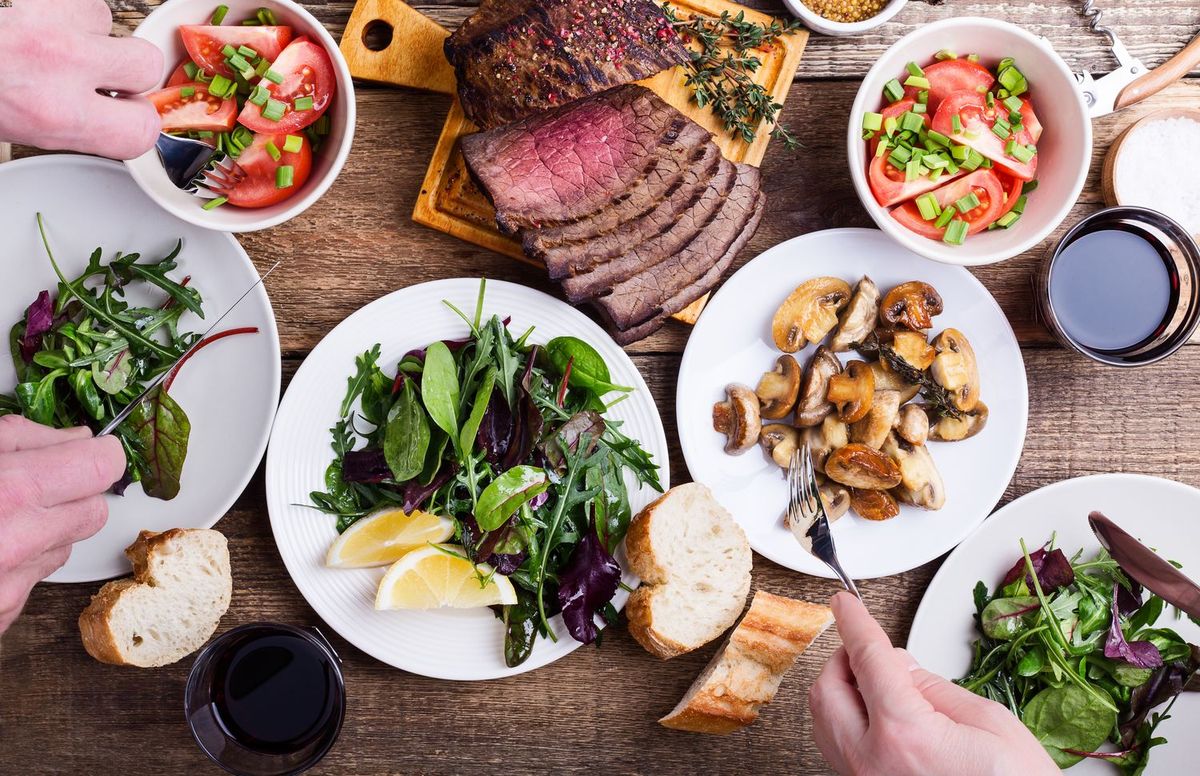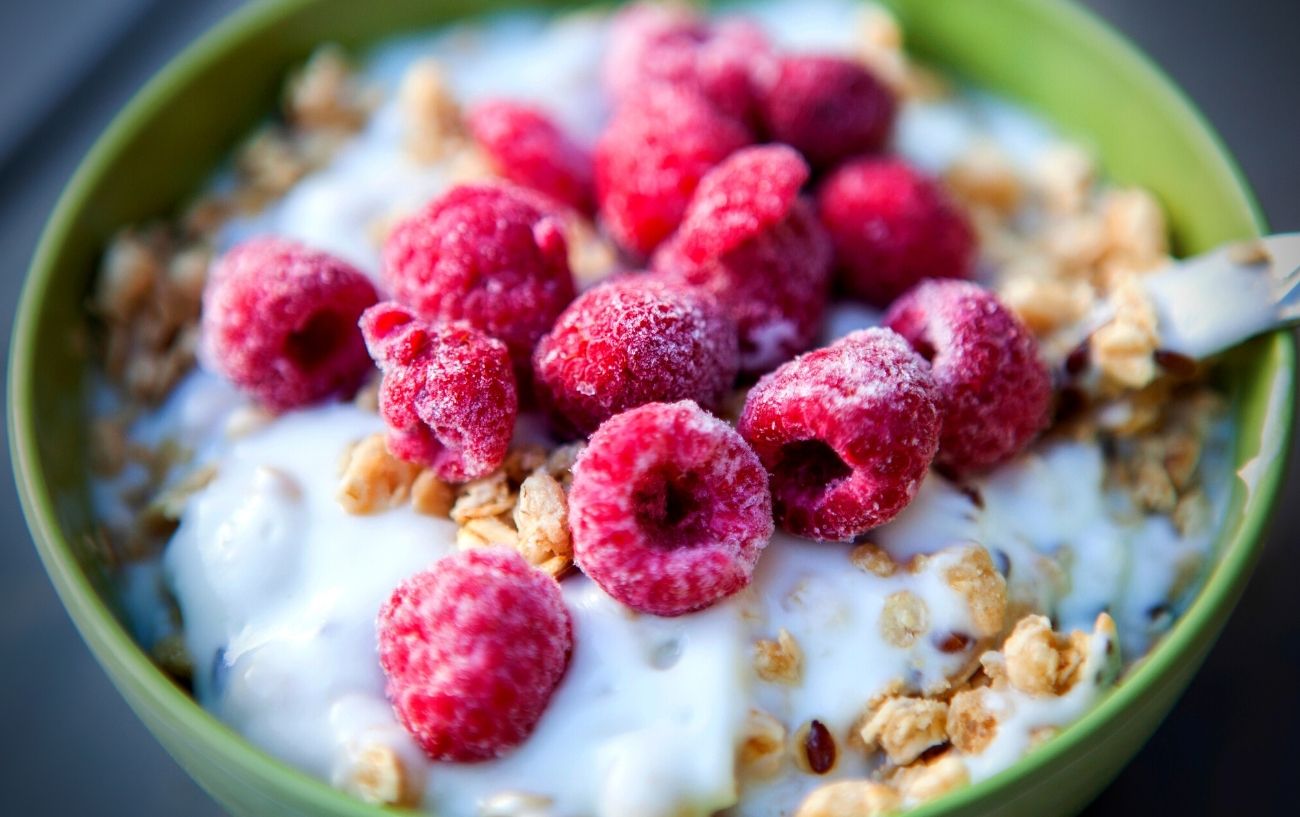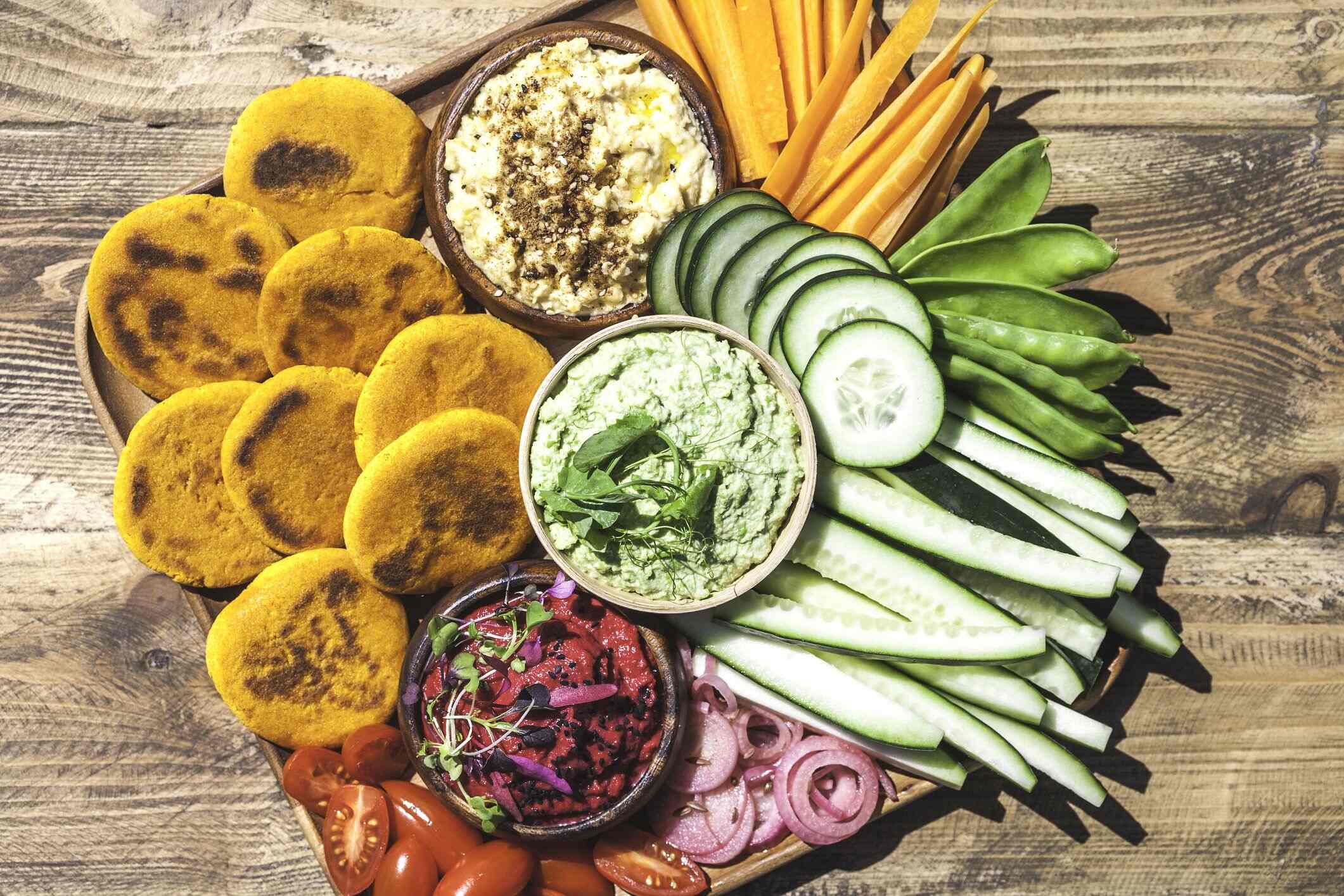Complete Protein for Vegetarians
As a vegetarian, it’s important to ensure that you are getting all the essential nutrients, including complete protein, in your diet. While many people believe that meat is the only source of complete protein, there are actually plenty of plant-based options that can provide you with all the essential amino acids your body needs. Here’s how you can ensure you’re getting complete protein as a vegetarian:
Diversify Your Protein Sources
One of the keys to getting complete protein as a vegetarian is to diversify your protein sources. By incorporating a variety of plant-based proteins into your diet, you can ensure that you are getting all the essential amino acids. Some excellent sources of complete protein for vegetarians include:
- Quinoa
- Soy products such as tofu and tempeh
- Buckwheat
- Chia seeds
- Hemp seeds
- Legumes such as lentils, chickpeas, and black beans
- Seitan
Pair Incomplete Proteins
While some plant-based proteins may not contain all the essential amino acids on their own, you can easily create a complete protein by pairing them with other complementary proteins. For example, combining rice with beans or peanut butter with whole grain bread can provide you with a complete protein source. By being mindful of the combinations of foods you eat, you can easily meet your body’s needs for complete protein as a vegetarian.
Include Dairy and Eggs
If you include dairy and eggs in your vegetarian diet, these can also be excellent sources of complete protein. Yogurt, milk, cheese, and eggs all contain all the essential amino acids, making them valuable additions to a vegetarian’s diet. Including these foods in your meals can help ensure that you are getting complete protein on a regular basis.
Supplement When Necessary
In some cases, it may be challenging to get all the essential amino acids from food alone, especially for athletes or those with higher protein needs. In such instances, incorporating protein supplements such as pea protein, rice protein, or hemp protein powders can be a convenient way to ensure you are meeting your protein requirements. However, it’s important to remember that whole foods should always be the primary source of nutrition, and supplements should only be used when necessary.
Conclusion
Being a vegetarian doesn’t mean you have to miss out on complete protein. By diversifying your protein sources, pairing incomplete proteins, including dairy and eggs, and supplementing when necessary, you can easily meet your body’s needs for all the essential amino acids. With a little planning and creativity, you can enjoy a well-rounded and nutritious vegetarian diet that provides you with all the protein your body needs.
